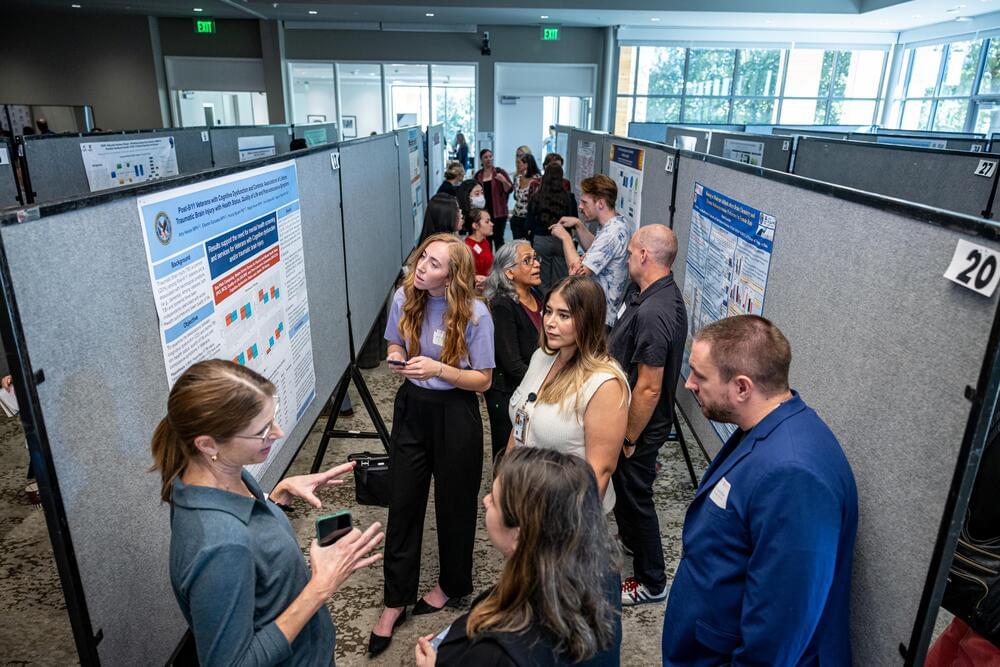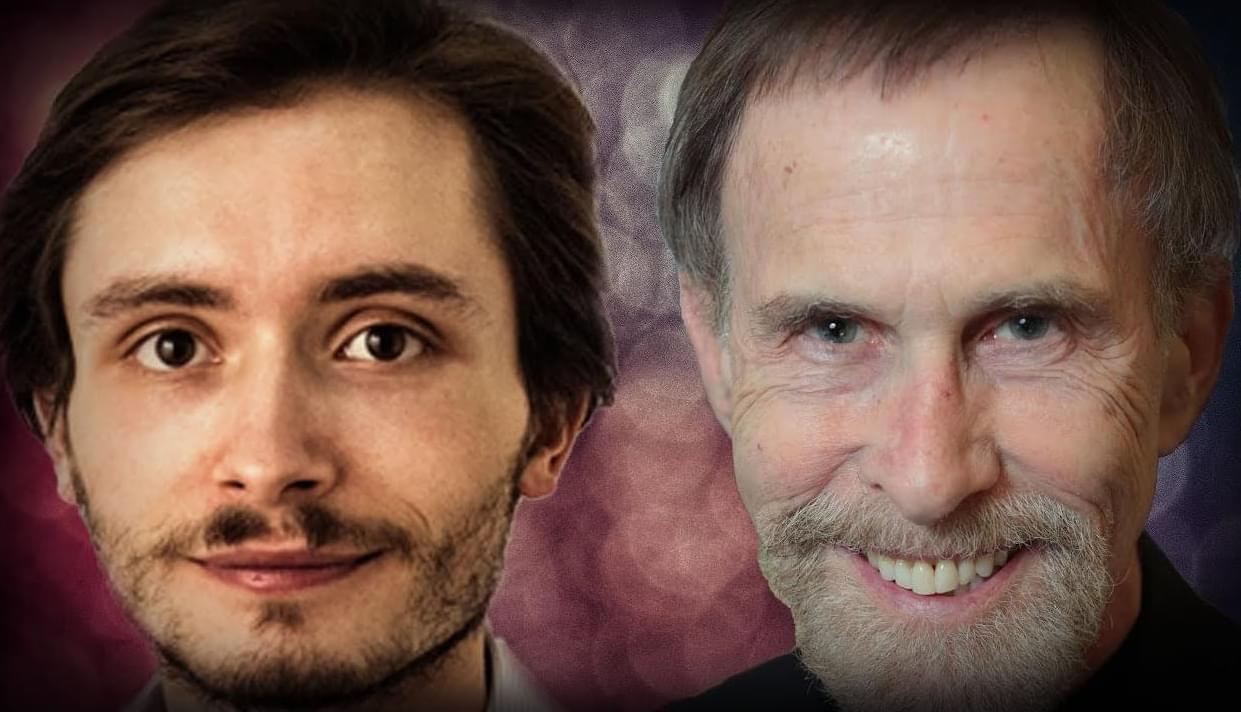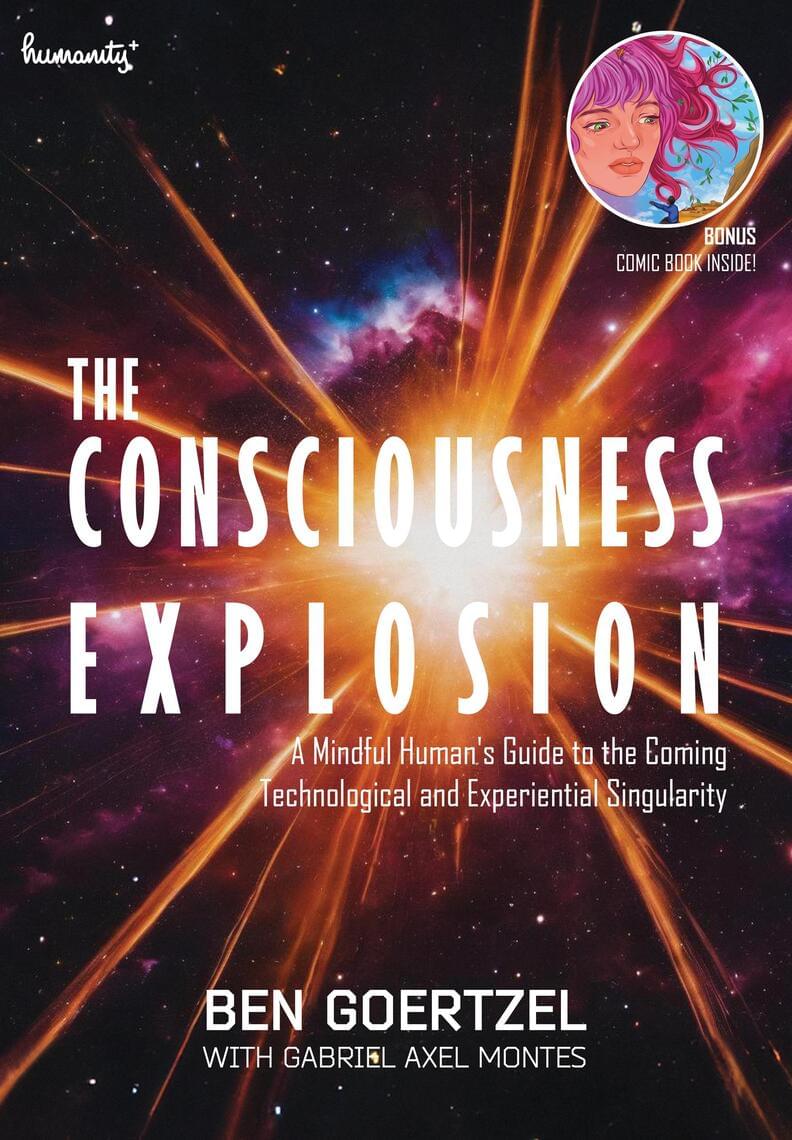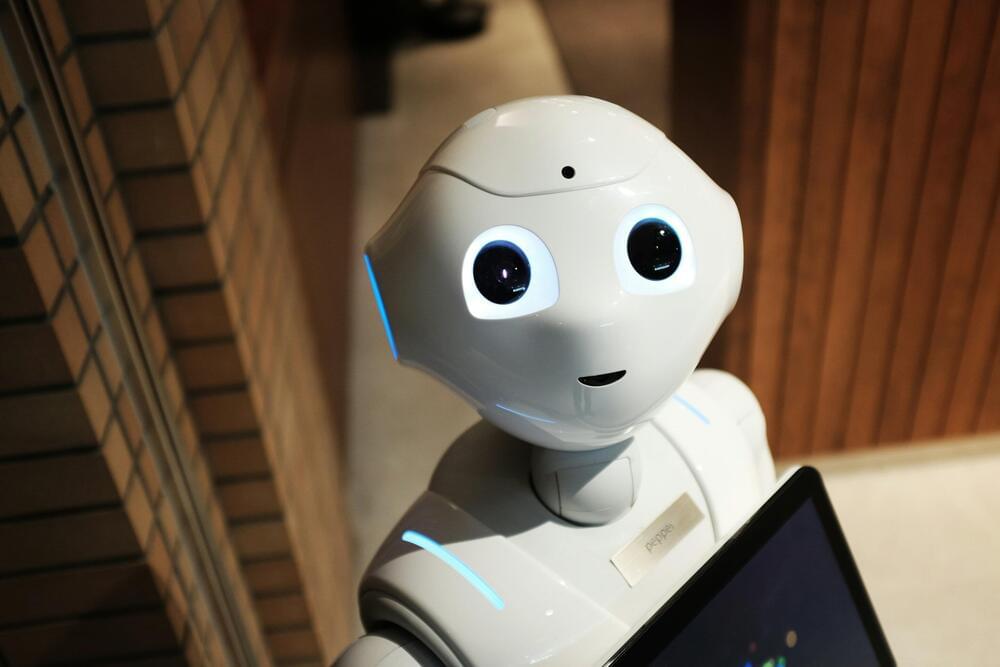
Mental health issues are one of the most common causes of disability, affecting more than a billion people worldwide. Addressing mental health difficulties can present extraordinarily tough problems: what can providers do to help people in the most precarious situations? How do changes in the physical brain affect our thoughts and experiences? And at the end of the day, how can everyone get the care they need?
Answering those questions was the shared goal of the researchers who attended the Mental Health, Brain, and Behavioral Science Research Day in September. While the problems they faced were serious, the new solutions they started to build could ultimately help improve mental health care at individual and societal levels.
“We’re building something that there’s no blueprint for,” said Mark Rapaport, MD, CEO of Huntsman Mental Health Institute at the University of Utah. “We’re developing new and durable ways of addressing some of the most difficult issues we face in society.”

















